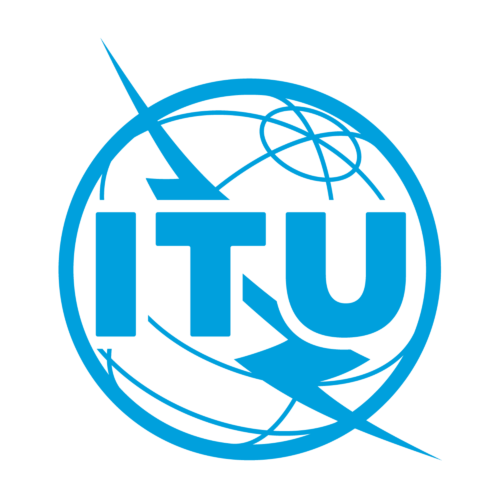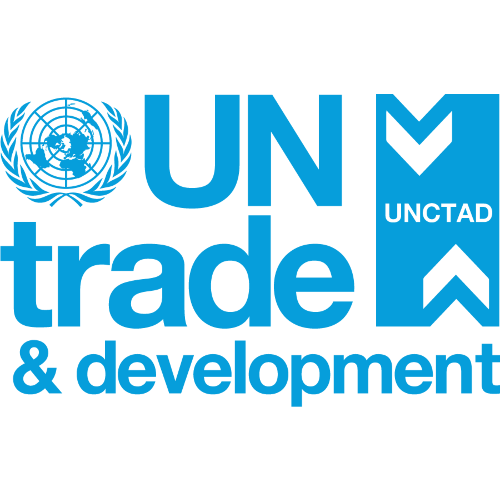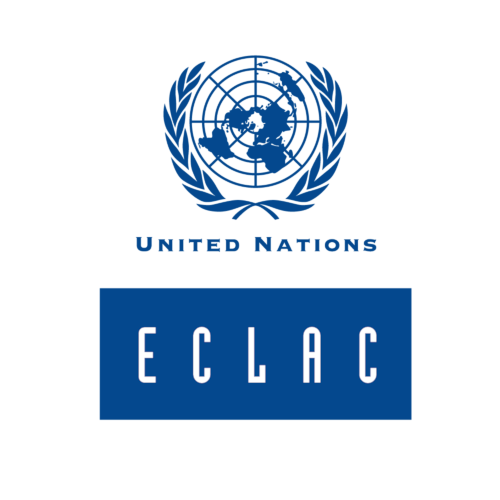WSIS Process and 2030 Agenda– Draft GDC Matrix
GDC Follow-up
The WSIS Process: The UN General Assembly Resolution 56/183 (21 December 2001) endorsed the holding of the World Summit on the Information Society (WSIS) in two phases. The first phase took place in Geneva from 10 to 12 December 2003 and the second phase took place in Tunis, from 16 to 18 November 2005.The objective of the first phase was to develop and foster a clear statement of political will and take concrete steps to establish the foundations for an Information Society for all, reflecting all the different interests at stake. Geneva Declaration of Principles and Geneva Plan of Action were adopted on 12 December 2003. The objective of the second phase was to put Geneva's Plan of Action into motion as well as to find solutions and reach agreements in the fields of Internet governance, financing mechanisms, and follow-up and implementation of the Geneva and Tunis documents. Tunis Commitment and Tunis Agenda for the Information Society were adopted on 18 November 2005.
Member States and all stakeholders have recognized the dynamic evolution of the WSIS as a proven and continually evolving process that addresses the impact of new technologies and expand digital cooperation across various platforms, including the WSIS Forum and Internet Governance Forum (IGF) and its intersessional workstreams such as the one on new emerging tech.
The WSIS Process and its elements like the WSIS Action Lines, United Nations Group on Information Society (UNGIS), WSIS Forum, IGF, etc. provide an existing framework for implementing the commitment of the Pact towards leveraging science, technology, and innovation for the benefit of people and the planet, focusing on enhancing capacities in developing countries. These efforts will ensure that these advancements promote human rights and improve gender equality, positively impacting the lives of women and girls. They also aim to respect and integrate Indigenous and traditional knowledge. Additionally, they support international cooperation in science, technology, and innovation to create a more equitable and sustainable future for all.
The WSIS Process and the Pact of the Future share several key similarities
Links & attachments
- WSIS Process follow-up on the Summit of the Future Outcome Documents - DRAFT GDC Matrix
- Please note some attachments are only available to UNGIS members.







